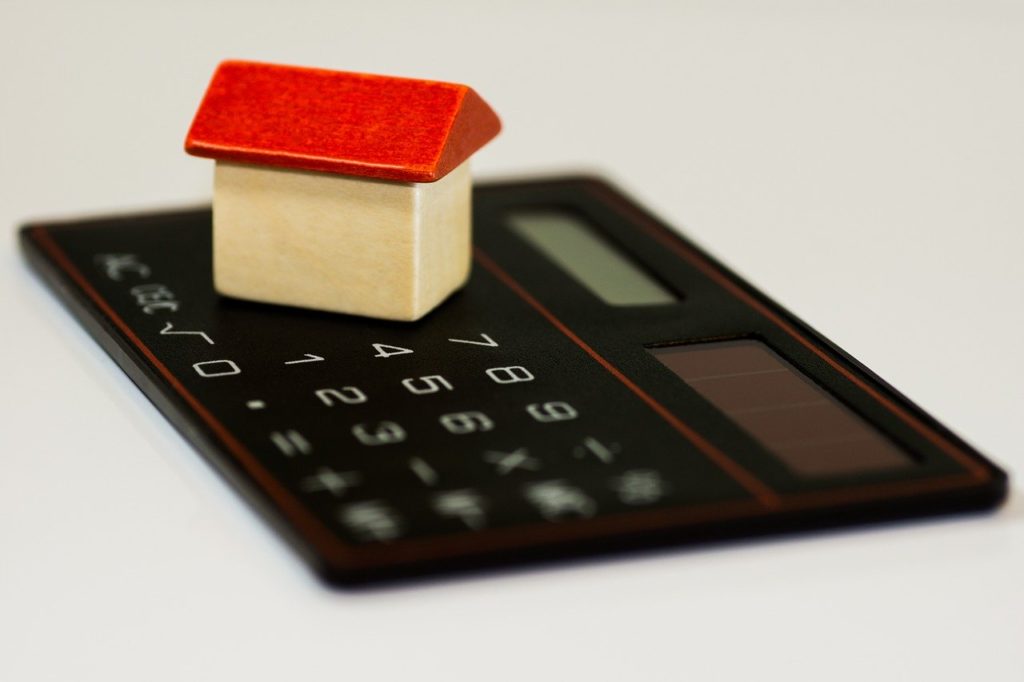Real Estate Commission: Who Gets it? How Does it Work?
Both the property buyer and the seller pay the commission for the real estate agent after they have successfully closed a deal between the two contracting parties. The respective brokerage firms of the sellers’ and buyers’ agents are the ones who would issue the check payments for the agents’ commission. The brokers hold the amount in escrow, and they also collect a certain percentage from the commission.
The payment of the agents’ commissions are shared equally by the buyer and the seller, and the actual amount paid can vary per market for several reasons.
In Vancouver and the rest of BC, for instance, real estate agents commissions are not fixed and are instead guided by the principles of the Canadian Competition Act. In compliance with this act’s rules and regulations, BC’s real estate association and its 11 boards follow the tenets of fair and open competition.
Commission Rates in a Free Market

Real estate agents in Vancouver and the BC province as a whole are allowed to decide for themselves how much to charge their clients. Given the free market in play, the typical commission of BC real estate agents has settled at 7 percent on the first $100,000 of the sale price and 2.5 percent on the remaining balance.
Even as the 7 percent commission appears as the common rate BC real estate agents would quote for their services, some could charge even more. The higher commission rates are common among the well-established, full-service agents who usually focus on high-end properties requiring relatively more complicated marketing efforts.
Significantly, services could vary from realtor to realtor. Most real estate agents make it a point to deliver value-for-money services to their clients. They take painstaking efforts to deliver the best deals to their clients using the most up to date marketing tools like social media channels. With such offerings, these agents’ typical commission could settle at 6 percent of the closing price.
In certain cases, you could negotiate the commission of some real estate agents. These opportunities often arise in sales conducted under a dual agency setup. In this arrangement, the same real estate agent has been allowed to represent both the seller and the buyer in the transaction and, hence, is entitled to take all of the fees that both of the contracting parties are under an obligation to pay. Consent of the seller and the buyer is notably needed for a dual agency arrangement.
Discounts from Competing Agents

Discounted agent commissions have also become a part of the real estate industry landscape in recent years. The discounts came about because competition among agents has become tougher following a dramatic rise in their ranks. Just how sharp was this gain was in Canada? Well, the membership roster of the Canadian Real Estate Association now has nearly doubled since 2000 and counts over 120,000 members.
By area, the increase is well-distributed and agent competition is thus widely intense in each of the Canadian provinces. In Greater Vancouver, there has been a 23 percent increase in the number of realtors. Its real estate board is Canada’s third-largest, with more than 11,000 realtors that for sure are trying to outdo each other in drawing clients.
Real estate agent competition appears as tight in Toronto. Its real estate board’s membership has swelled to 48,000 realtors, up 41 percent since 2012.
Reflecting this competitive scenario, an Internet-based service provider based called feeDuck has been launched in Toronto. Likewise targeting realtors in other markets, feeDuck operates like a virtual auction. Using this platform, an agent can try to underbid others to sell a feeDuck-listed property for the lowest fees or commission.
Fixed Flat Fee

On their own initiative, real estate sellers can try to save dollars on agents’ commission by just hiring a broker to list their properties in the MLS systems and Realtor.ca. The sellers only have to pay the broker a flat fee for this particular service. This tack in marketing a property is known in real estate parlance as “for sale by owner,” and a Canadian website (fsbo.ca) has been developed precisely for this flat-fee realtor service.
Take note though that the for-sale-by-owner route is a challenging task for the property owner who will assume all the responsibilities of a real estate agent. For those owners totally inexperienced in real estate marketing, hiring a full-service agent is still the best way to go. The agents’ commission paid by the sellers (and the buyers as well), in the end, would be worth every cent.
Want to see more content on real estate? Subscribe to our blog: www.roomvustore.com/blog

